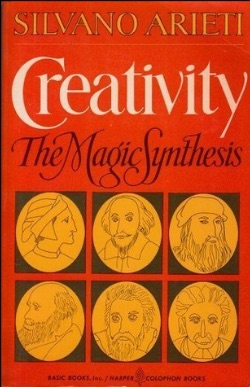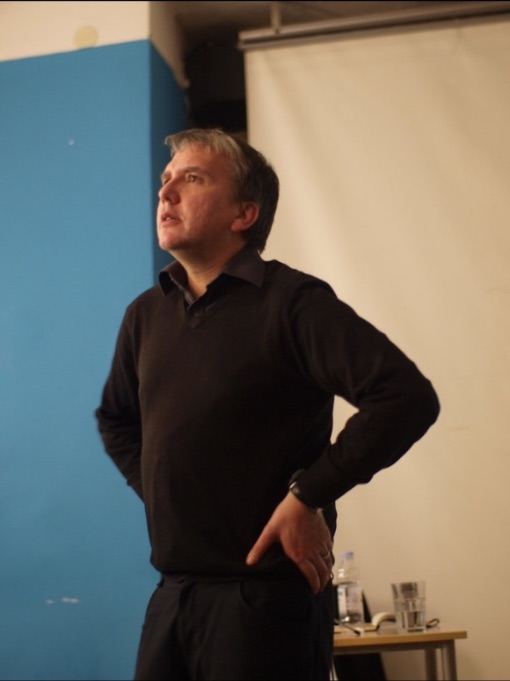October 31, 2025
Culture
Creativity as a defense against authoritarianism and cultural stagnation

Born in Italy, Silvano Arieti emigrated to the United States in 1939 to escape fascist persecution as a Jew. He became a professor of psychiatry at New York Medical College and served as chief of psychiatry at Metropolitan Hospital in New York. Arieti is best known for his pioneering research on schizophrenia and for championing humane, psychodynamic approaches over purely biological or institutional treatments.
Beyond psychiatry, Arieti wrote extensively on psychology, creativity, and culture. In Creativity: The Magic Synthesis, he argued that creativity arises from the dynamic integration of rational and imaginative processes—a fusion that connects madness, genius, and human progress. His work bridged science and the humanities, always emphasizing human dignity and the intricate nature of the mind.
Writing in 1976, Arieti was among the first to propose that creativity is not merely a private gift but a vital public good with profound civic and social implications. He introduced the concept of “creativogenic” (creativity-producing) societies, arguing that cultures, educational systems, and communities that nurture autonomy, curiosity, and freedom of thought produce more creative citizens. These societies, he wrote, are more adaptable, resilient, and innovative. Relevant to today’s challenges, he observed that such qualities are essential for solving social problems, sustaining democracy, and responding to crises.
Arieti linked creative thinking directly to the health of democratic institutions, asserting that creativity not only fuels innovation but also fosters engagement, flexibility, and openness. By discouraging conformity and welcoming new perspectives, creativity becomes a defense against authoritarianism and cultural stagnation.
“Creative work thus may be seen to have a dual role: at the same time as it enlarges the universe by adding or uncovering new dimensions, it also enriches and expands man, who will be able to experience these new dimensions inwardly. ... Indeed, it is the perennial (and almost always unverbalized) premise of creativity, to show that the tangible, visible, and audible universe is infinitesimal in comparison to the one that awaits discovery through exploration of the external world and of the human psyche."
BOOK: Creativity: The Magic Synthesis




